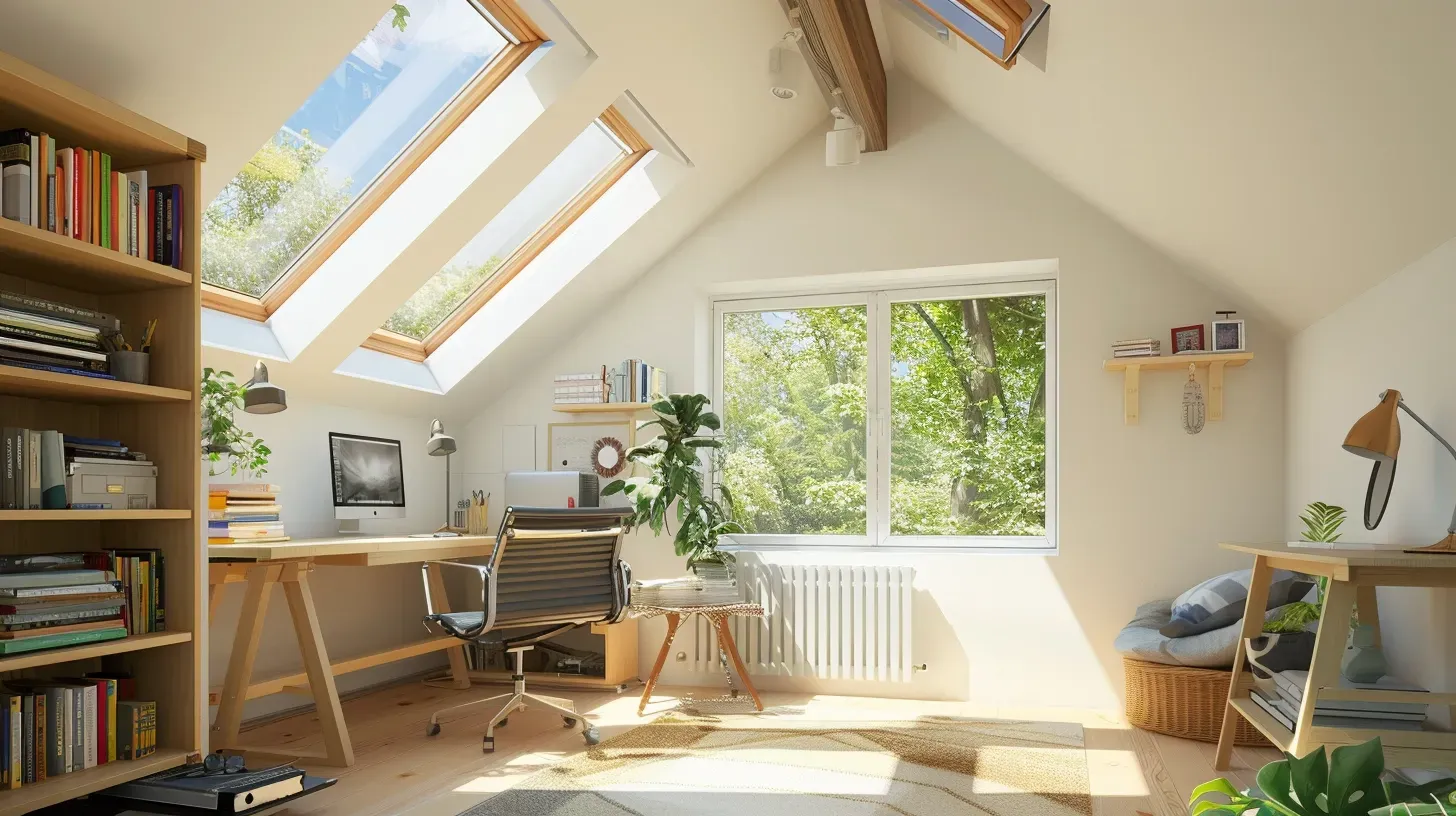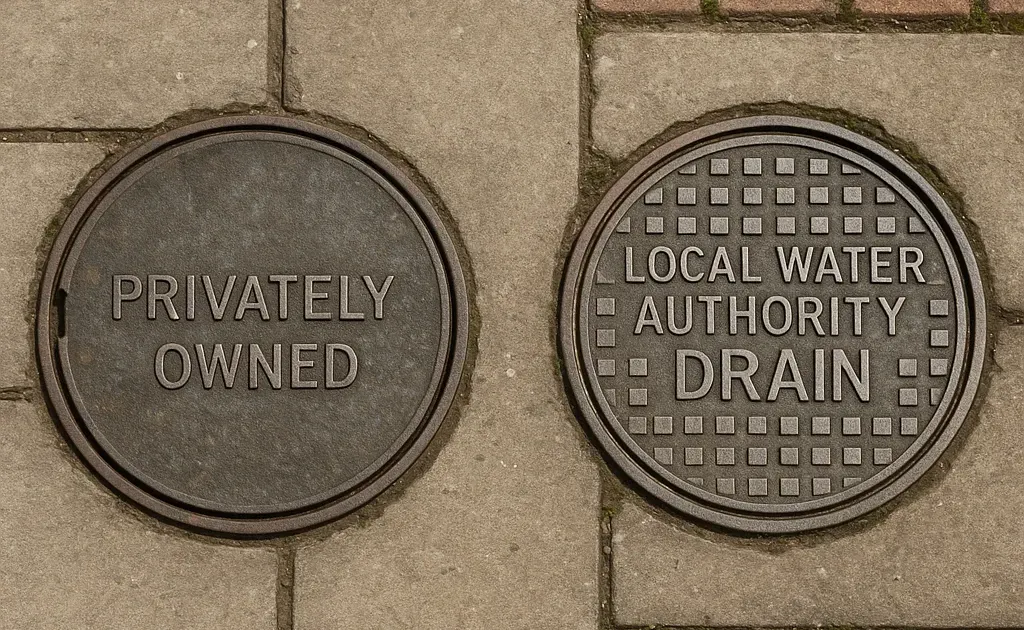Maisonettes 101: An In-Depth Look at Achieving the Duplex Living Experience
If you live in the UK, then a maisonette comprises a self-contained living area within another building that has a separate entrance and staircase (if on the upper floors). Frequently, a maisonette will be spread over more than one floor. The maisonette may be a conversion of a larger property or could have been built that way; this is often the case with older maisonettes.
Things are a little different if you live in Scotland as there, a maisonette is referred to as several flats, sitting on top of each other. This is usually in the form of a housing block and it has a communal entrance.
As for the word ‘maisonette’ you may be wondering where it comes from, as it doesn’t sound entirely English. It is a French word meaning ‘little house’.
What is it like living in a maisonette?
Now that you understand what a maisonette is, you may be concerned about living in one, feeling that privacy may be restricted. However, this is not the case as you will have a separate front door and won’t have to share it with anyone else. Unlike a flat where you often share a corridor or staircase, with a maisonette your front door exits to the street. Some people refer to them as a duplex but this is incorrect as this is an American term. Many maisonettes in the UK are located over shops or can even be a standard house that has been converted into two entirely separate dwellings.
Maisonettes vs. Houses
Size-wise, maisonettes can be as big as a normal house and with several floors. However, because they are adjoined, you pay less than if you were purchasing a house of any description. There should be an outdoor area that belongs solely to the residence and sometimes a private garage or parking area is included. It’s easy to see why maisonettes are good value, particularly for young people or families trying to get onto the property ladder.
Maisonettes vs. Flats
Maisonettes are often confused with flats, but they do come with advantages. As an example, if you compare a maisonette and a flat of similar size, the maisonette would be as much as 25% cheaper. As well as saving money, you should also find that you have a lot more privacy when compared to a flat. In flats, you are often plagued by noises from neighbours filtering through the walls whereas, with a maisonette, life is more private, particularly if you have several floors to spread across.
Things to consider
Of course, maisonettes do carry a cheaper price tag because they have some downsides. Let’s look at them, as these need to be considered if you are thinking about purchasing a maisonette home:
Limited size
Maisonettes can be sizeable but will not provide the same spaciousness as a house. Whether this is a problem or not will depend upon the size of your family group – single people, couples or those with just one child might find a maisonette perfectly suited to their needs space-wise. Often used as starter homes, as your family begins to grow, a move to somewhere larger may be required. Overall, whether the size of the maisonette suits you or not is down to budget and personal preference.
Permitted Development rights
If you are purchasing a maisonette intending to carry out building work to improve it, remember that it will not benefit from permitted development. This doesn’t mean that you won't be able to extend or improve it, but planning permission will be necessary. You would need to work with an architectural technician to create planning drawings, reflecting the type of design that would be easily accepted by the local authority. If you think you will expand in the future, this is worth noting. Where maisonettes have two floors, loft space is often an added extra and this can be a huge benefit if you know that your family group will grow. By working with an architectural technician who has good knowledge of what the local planning department is likely to accept, there is no reason why you should not extend into the loft as the number of people living in the maisonette increases. Even unconverted lofts bring with them lots of storage space so this alone may clinch your deal to purchase a maisonette.
With houses, permitted development rights normally apply so this provides a big advantage. For instance, if you wish to extend or convert the lofts, permitted development would usually allow this without planning permission being required.
For those buying a maisonette knowing that the family is going to grow, it will be a case of going down the planning permission route or moving home, unless you can make do with the current amount of space.
Renovations
When carrying out exterior renovations or maintenance works to maisonettes, you may need to involve the neighbours. This is because very often the exterior walls are shared. You will be responsible for the cost of renovating your section, but do take account of the fact that the work may spill over into space not belonging to you. Where you have a good relationship with neighbours, this is not usually a problem. Much will depend upon the extent of work being carried out and the cost.
Noise level
Depending upon the design and layout of your maisonette, noise may or may not be a problem. Because of the way maisonettes are constructed, the noise levels should not be as high as when living in a flat. As with most neighbours, much will depend upon the lifestyle and leisure activities of the people living in the maisonettes. Young children can be as noisy as someone playing loud music. If your maisonette is above a shop, think about how you will deal with the hustle and bustle as well as the noise or smells if it is a food-related establishment. Takeaways and restaurants are often open late into the night, so the noise caused by customers may create an issue.
Before completing your maisonette purchase, carry out research. Visit the area at different times of the day and see what the environment is like. For some people, noise may not be an issue, so much depends upon the makeup of your family. Most modern maisonettes have high levels of insulation, which will automatically reduce the amount of noise that carries over.
Parking limitations
If the door of your maisonette leads straight out onto the street and you are in a city or town centre, parking may be problematic. Look around and see what other residents without garages or parking spaces do. Is there on-street parking nearby or even a car park? If you don’t own a car, look out for the close availability of bus stops.
In conclusion
Generally, you can think of a maisonette as a small house, with a similar amount of space. Privacy is not an issue, as you will always have direct access, not having to share cluttered hallways or stairwells with neighbours. Add in the fact that most have two floors and you can see why the prices are so attractive when compared to a traditional flat or house.
Some commonly asked questions about the loft conversion process:
Ready to get started?
Fixed-price packages with everything included. Call 0208 154 5569 now or request a callback below.
Related posts


